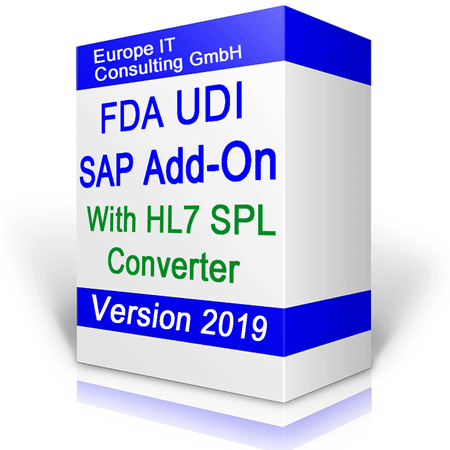
The U.S. Food and Drug Administration (FDA) has taken a proactive step to ensure the accuracy and compliance of medical device information by notifying medical device manufacturers of potential discrepancies in the Global Unique Device Identification Database (GUDID). This step is part of FDA’s commitment to maintaining the integrity of the medical device ecosystem and improving patient safety.
GUDID and UDI inconsistency alerts
In an effort to streamline and standardize medical device information, the FDA introduced the Global Unique Device Identification Database (GUDID). This database serves as a reference point for manufacturers and regulators to access important medical device information.
Recent FDA news: Certain medical device registration and listing entries do not match the unique device identification (UDI) data stored in GUDID.
The FDA ensures that for every listing in the DRLM (Device Registration and Listing Module), there is a corresponding UDI record in the GUDID. This alignment ensures a consistent and transparent information base for medical devices. If there are listings in the DRLM for which no corresponding entries can be found in the GUDID, these listings are considered non-compliant and should be deactivated to prevent discrepancies in the system.
Impact on MedTech manufacturers
The letters, which have been circulating since early June, were sent to a number of manufacturers, including some that should be exempt from the UDI requirements. Manufacturers covered by recognized exemptions also received these notices, possibly because FDA did not accurately identify the exemptions in its review.
If your company has received one of these letters, you should first check to see if your product falls under an exemption that FDA may have overlooked. If so, it is advisable to send a brief letter to FDA explaining your exemption status to avoid misunderstandings that could lead to compliance issues later.
Ensure accuracy and compliance
If a discrepancy is indeed found in your data, the action required will depend on the nature of the problem.
For example, minor data entry errors can be resolved relatively quickly by ensuring consistent information across all databases. However, when deeper compliance issues arise, such as true non-compliance with UDI regulations, the process of obtaining a new UDI, updating and revising the GUDID information can take several months.
In summary, FDA’s recent letters remind medical device manufacturers of the importance of accurate and consistent information in GUDID. By addressing the inconsistencies within GUDID and working with manufacturers, FDA is taking a proactive stance to protect patient welfare and maintain the credibility of the medical device industry.
In this link you will find more information about the registration in the FDA:
https://www.fda.gov/medical-devices/device-registration-and-listing/how-register-and-list









Related Posts